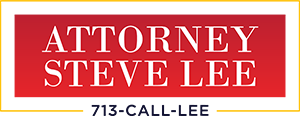Common Causes of Train Derailment Accidents
The railroad system is crucially important to America’s infrastructure and economy. Millions of Americans utilize commuter trains, and railroads are also used for efficient transport of bulk freight throughout the country. Unfortunately, railroad accidents are also responsible for hundreds of deaths and thousands of injuries each year. During 2016 alone, there were well over 10,000 rail accidents in the United States. Derailments are among the most serious types of train accidents, frequently resulting in serious injuries and loss of life.
Derailment Causes
Some of the most common causes of train derailments include:
- Train handling. If a driver fails to slow the train when approaching a sharp-curved section of track, he may be unable to negotiate the curve, derailing the train. If he applies the brakes suddenly and severely, the front portion of the train will receive the brunt of the braking force. The rear part may therefore overrun the front portion of the train, causing it to leave the track.
- Gauge widening. In the United States, the standard railroad track gauge, or distance between the two rails, is 56–½ inches. If the gauge widens due to heavy use of the track, or because a crosstie is loose, the train wheels may no longer align with the track. This can cause a derailment.
- Broken or cracked rails. If a piece of the rail has fallen out, or is lodged in the wrong place, a derailment may occur. Accidents can also be caused by small cracks in the rail or failure of the rail welds.
Derailment Injuries
Working in the railroad industry can be rewarding, but also dangerous. Employees may be seriously injured or even killed when a train derails. If you’ve been hurt or lost a loved one due to a train derailment, you deserve compensation. To discuss your claim, contact the law offices of Steve M. Lee, P.C., by using the form on this page.
